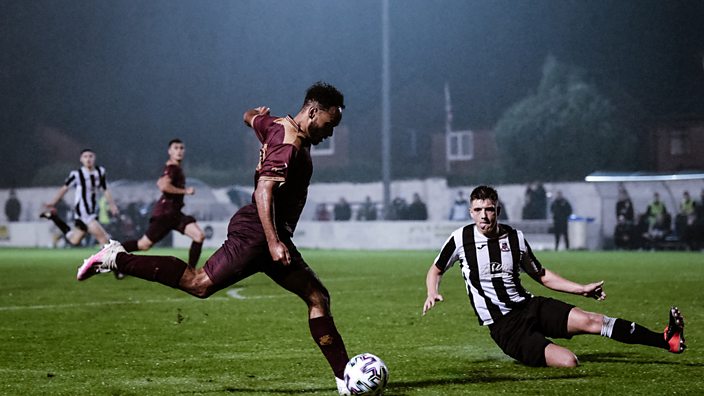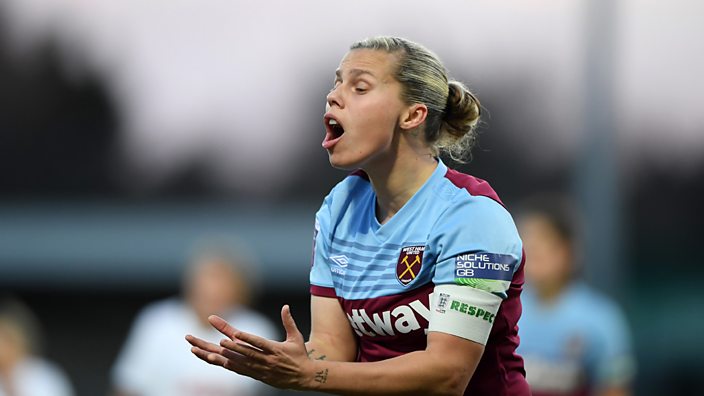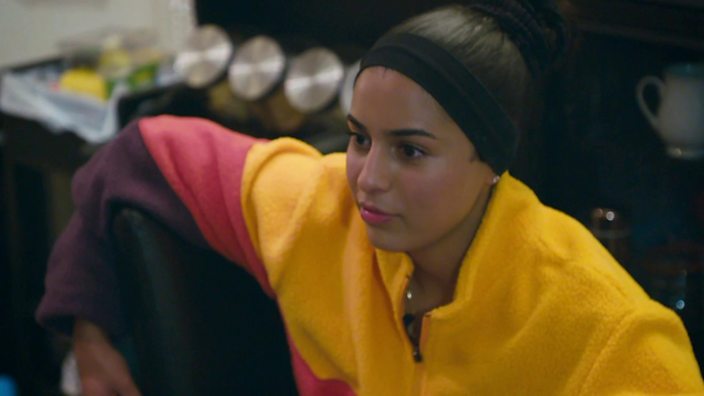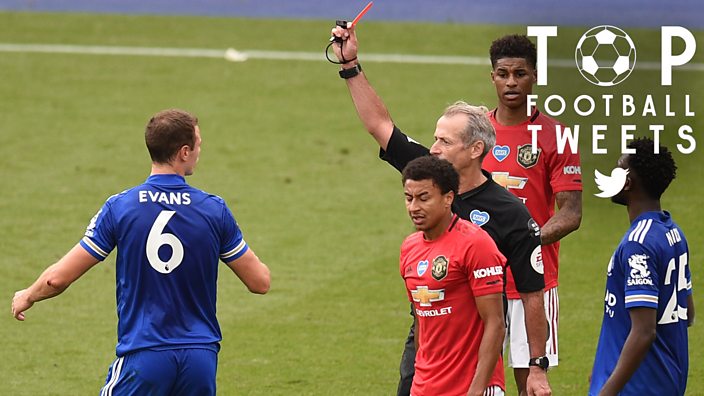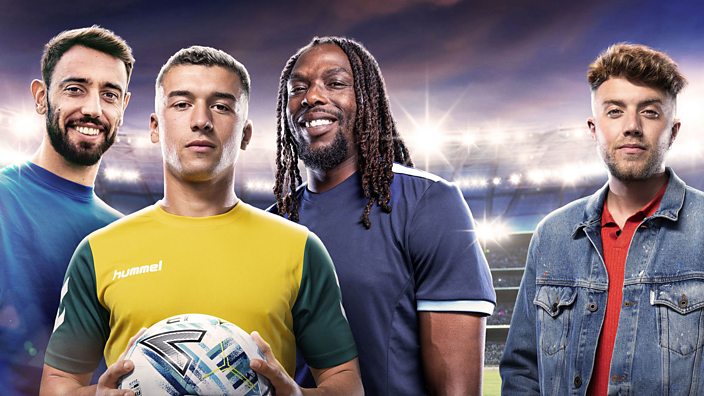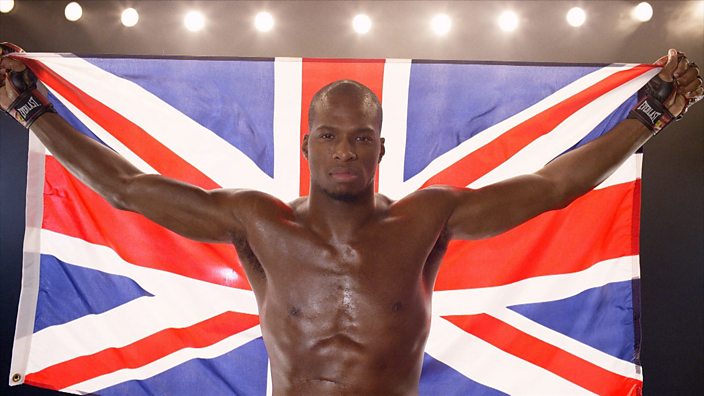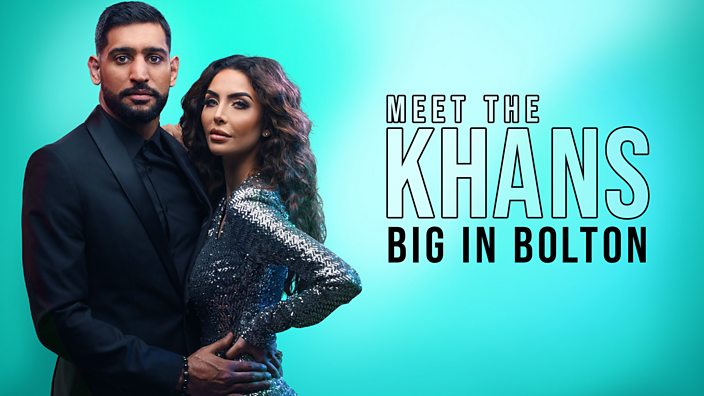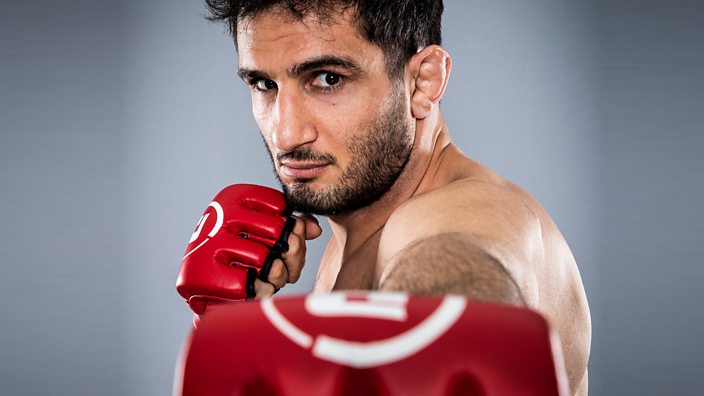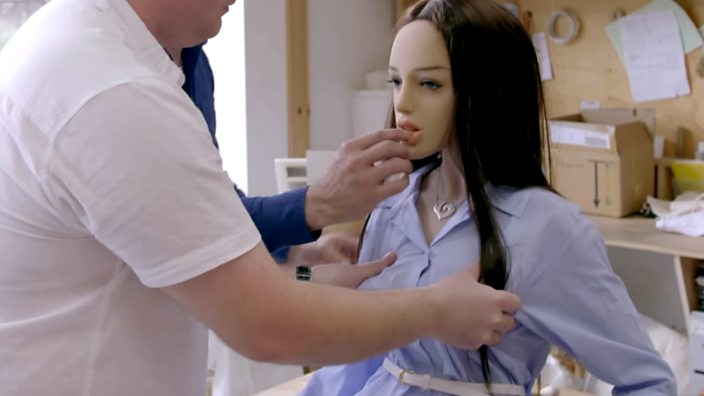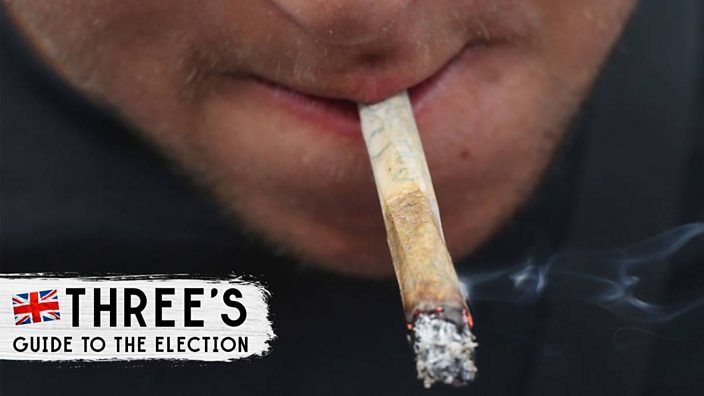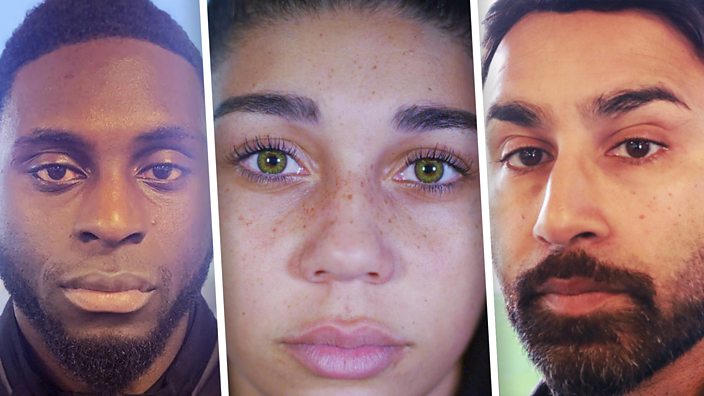
Football racism: ‘You don’t know what it’s like’
Players and managers reveal how racist abuse has affected them in new BBC Three film Shame in The Game.
“They were calling me black monkey, doing monkey signs” - Inih Effiong, Dover Athletic.
“‘Why’s the black lad playing in goal?’, ‘Look at you, you monkey’” - Nathan Ashmore, Boreham Wood FC.
“Smell like curry” - Imrul Gazi, Sporting Bengal.
These are just some of the personal experiences that footballers have shared in a new film on BBC Three, Shame in The Game, which takes a look at racism in English football, right through from the Premier League to the lower leagues and also the women’s game.
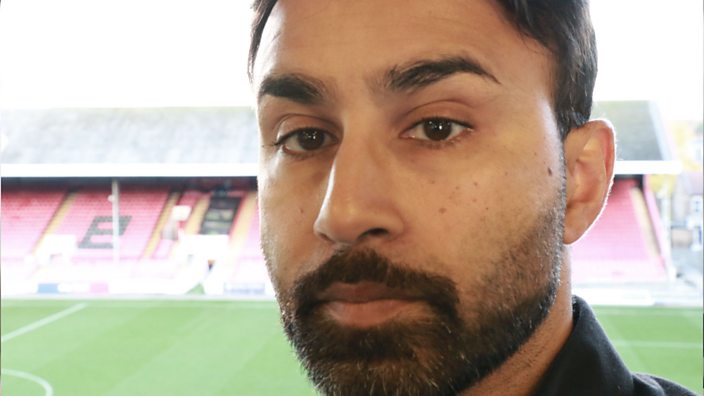 BBC Three
BBC ThreeThe players and managers speaking in the film don't believe that the response to racist incidents from footballing authorities has been effective enough.
Imrul Gazi - the manager of lower league team Sporting Bengal, an Asian football club based in the UK - believes that nothing will change until there is more representation of minorities in footballing authorities.
“You can’t have people making decisions if they’re white middle class,” he says. “You don’t know what it’s like to be called a monkey. To be told ‘go home’.
“Don’t tell me you understand because you don’t.”
Dover Athletic striker Inih Effiong, 28, takes the same view. He was racially abused while playing away at Hartlepool United last September.
“If it happened and there was a black referee there,” he told BBC Three, “he would just walk everyone off the pitch.” He added: “White referees don’t understand.”
After scoring a penalty, Effiong had celebrated in front of the Hartlepool fans, for which he was given a yellow card, which the FA has upheld.
“I’d cupped my ear to them, as if to say, yeah, there you go,” Effiong says, adding: “That’s when, obviously, the racist abuse started happening.
“The ref was saying that I sparked it all off with my celebration,” Effiong explains in the film, adding: “As a ref, you shouldn’t really be saying... it’s sort of saying that, because I did a celebration, I should now be receiving racial abuse.”
A burger was thrown at him and he was subjected to racist language and monkey gestures.
After being contacted, the referee said that the racism directed at Effiong was totally unacceptable, but that he may not have been abused had he not celebrated in front of Hartlepool supporters.
Racism is something that permeates every single level of English football
The FA fined Hartlepool £7,500 for the racist abuse of Effiong, with £5,000 suspended for 18 months.
Effiong is disappointed and does not believe that the fine is harsh enough.
He says: “It’s just a kick in the teeth really – nothing substantial is happening.”
The official stats from the Home Office seem to suggest that this is a growing problem. There was a 66% rise in hate crimes reported at professional football games in England and Wales last season. Of 323 reports in the past two seasons, 230 related to racism.
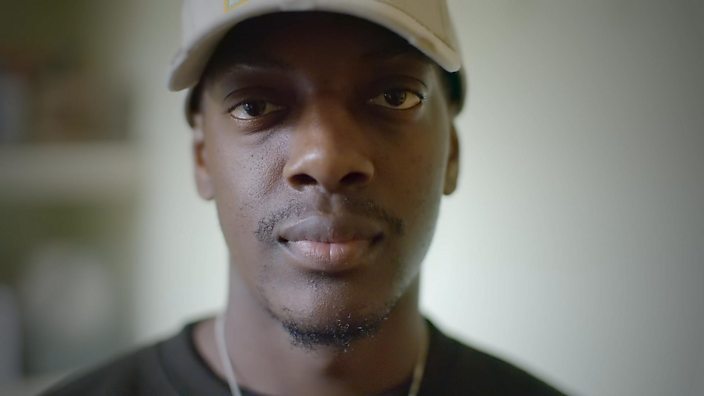 BBC Three
BBC Three“Racism is something that permeates every single level of English football,” journalist Jonathan Liew says in the film. And a lot of the players spoken to don’t think enough is being done to help.
Marvin Sordell - a former Watford and Fulham player, who says one of the biggest contributing factors to him retiring from football aged 28 was due to the amount of racism that existed in the game - believes that footballing authorities like the FA and FIFA, “need to do better for players”.
BBC Three approached all 20 Premier League teams when making the documentary. Only one club arranged for their players to talk about racism in football – Watford.
In the film, Andre Gray and Tom Cleverley both speak about the racist abuse that Watford players received following the FA Cup semi-final against Wolves last April.
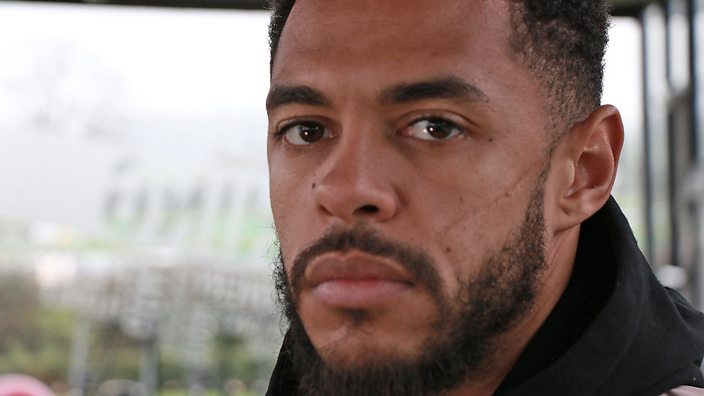 BBC Three
BBC Three“Nothing got done about it, the police didn’t do anything, the FA…people higher up didn’t pay any attention to it,” Gray says.
At the time, Watford captain Troy Deeney disabled comments on his Instagram account after receiving racist abuse.
Kick It Out responded to the alleged abuse by calling on Twitter, Instagram and Facebook to take "decisive action" against those using their platforms for hate speech.
There were times I went home from training and I was crying on the way home
A number of other players in the film speak about the effect that racism - whether it's playing out in stadiums or online - has had on their mental health.
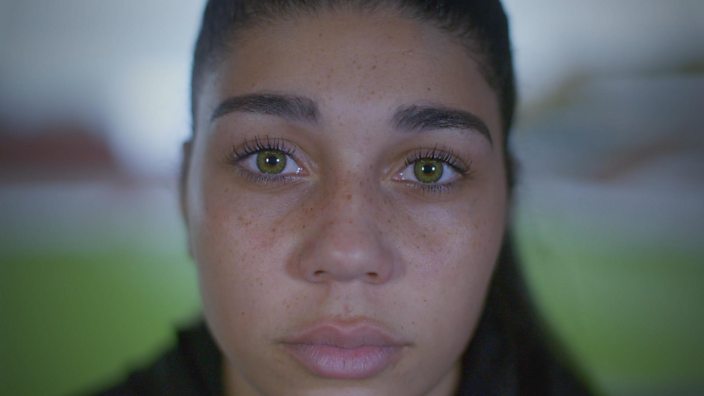 BBC Three
BBC ThreeFormer Tottenham defender Renee Hector was racially abused by Sheffield United’s Sophie Jones during a Championship match in January 2019. After tweeting about the incident, she says she received a number of racist responses online, including pictures of monkeys.
“There were times I went home from training and I was crying on the way home,” she explains in the film, adding: “There was a week where my mum only managed to drag me out of the house to go to Tesco.”
Nathan Ashmore, of National League club Boreham Wood FC, says that he's had racist abuse throughout his career and that it left him in “a dark place,” adding: “I started seeing a counsellor. It was very, very hard.”
You’ve worked hard all your life to get racially abused
At the time of Inih Effiong’s abuse, the Dover Athletic players and their manager did consider walking off the pitch and abandoning the match. Effiong told BBC Three why they didn’t do that.
“The manager said to me that he would walk off if I wanted to,” Effiong explains, adding: “We had a discussion and decided to win the game instead. We were away from home and we didn’t want to come back there.”
Effiong told us that, if something like this happened again, he would walk off.
“It’s very hard to continue playing after something like that. Especially when you’re getting booed every time you get the ball afterwards.”
Effiong also says he considered quitting football after that incident.
“At that time, you’re so disheartened,” he told us, adding: “You’ve worked hard all your life to get racially abused.”
An FA spokesperson has said: “The FA has made huge strides in recent years to ensure that English football is a diverse and inclusive game.
“In 2018, the FA launched its In Pursuit of Progress inclusion plan, which has clear targets and ambitions to make sure our game better reflects modern society. This involves creating opportunities in football, both on and off the pitch, for people of all backgrounds.
“We strongly condemn all forms of discrimination and encourage all fans and participants who believe that they have been the subject of, or witness to, discriminatory abuse to report it through the appropriate channels: The FA, our County FA network or via our partners at Kick It Out.”
You can watch BBC Three’s Shame in The Game: Racism in Football on iPlayer now.

